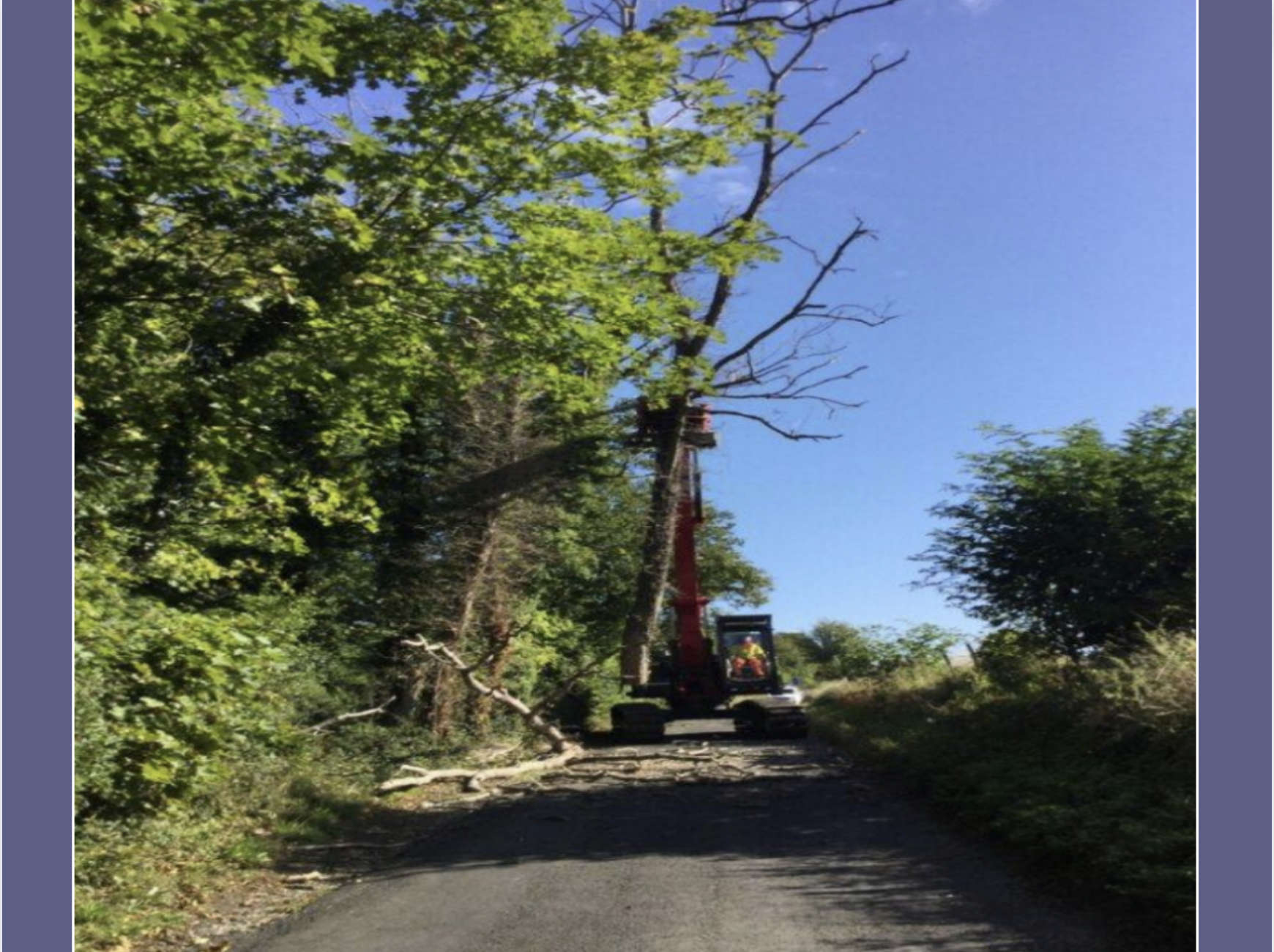
Some 5,000 trees have been felled in West Sussex over the past year as part of the county council’s action plan to help manage ash dieback.
The disease – which starves branches of water and nutrients, causing them to die and become brittle – is likely to kill 95 per cent of the ash trees in the county over the next ten to 20 years.
As well as the disastrous impact on the species, the consequences of the disease, such as falling branches, could place people at risk, especially from infected trees which have grown close to roads – hence the need to fell them in their thousands.
During a scrutiny committee meeting on Friday (November 17), councillors were told the disease had impacted some 30,000 trees growing along the county’s highways.
So far, about 4,000 have been felled at 344 roadside sites, more than 50 along public rights of way, 200 on countryside sites such as Worth Way and Forest Way, and nine at corporate sites.
Joy Dennis, cabinet member for highways, said: “It’s tragic when you have to see what were lovely, beautiful trees having to be cut down.”
But she, like the other councillors, recognised the hazards and dangers posed by diseased trees and the council’s responsibility to manage the situation and keep people safe.
Committee members were asked to review the performance of the action plan, which was put in place to manage the risks and work on ways for the felling sites to recover. That could include allowing the site to regenerate itself naturally or starting a programme of planting.
The action plan states:
“Although natural regeneration has been adopted for the initial recovery phase, where evidence suggests that this has not been successful, officers will continue to explore funding opportunities and collaboration with stakeholders.
“Where funding can be identified for viable locations, officers will also seek to replace trees with species which provide similar environmental benefits, or identify any alternative methods which can improve the sustainability and diversity of each area.
“We must also responsibly plan and source funding for the required maintenance of these areas into the future for both natural regeneration and proposed planting or improvement.”
One site which has being allowed to regenerate naturally is Beeching Way, in East Grinstead, which had a number of trees felled from the banks either side of the road.
Ian Gibson (Green & Independent Alliance, Imberdown) said residents were not yet pleased with the way the banks looked – even though the greenery grew back well between March and June.
Mr Gibson raised concerns about the stability of the banks, wondering about the possibility of landslides now the trees were gone.
He was assured that the stumps had been left in situ, providing stability to the banks. Also, a geo-technical survey had been commissioned to double check, though the results were still not ready.
On the financial side, the revenue budget up to 2025/26 will include £1.635million per year for the felling programme, with the work being carried out by contractor Euroforest. There is also £1.2million in an ash dieback reserve.
Once the trees are felled, the wood belongs to the contractor but they have to pay the council £30 per tonne. The 5,000 trees felled so far have generated 2,167 tonnes of wood, with the council’s cut coming to £65,000.

 Event Bookings Go Live For Worthing Festival ‘24
Event Bookings Go Live For Worthing Festival ‘24
 Man Charged After Throwing Brick Through Brighton Restaurant Window
Man Charged After Throwing Brick Through Brighton Restaurant Window
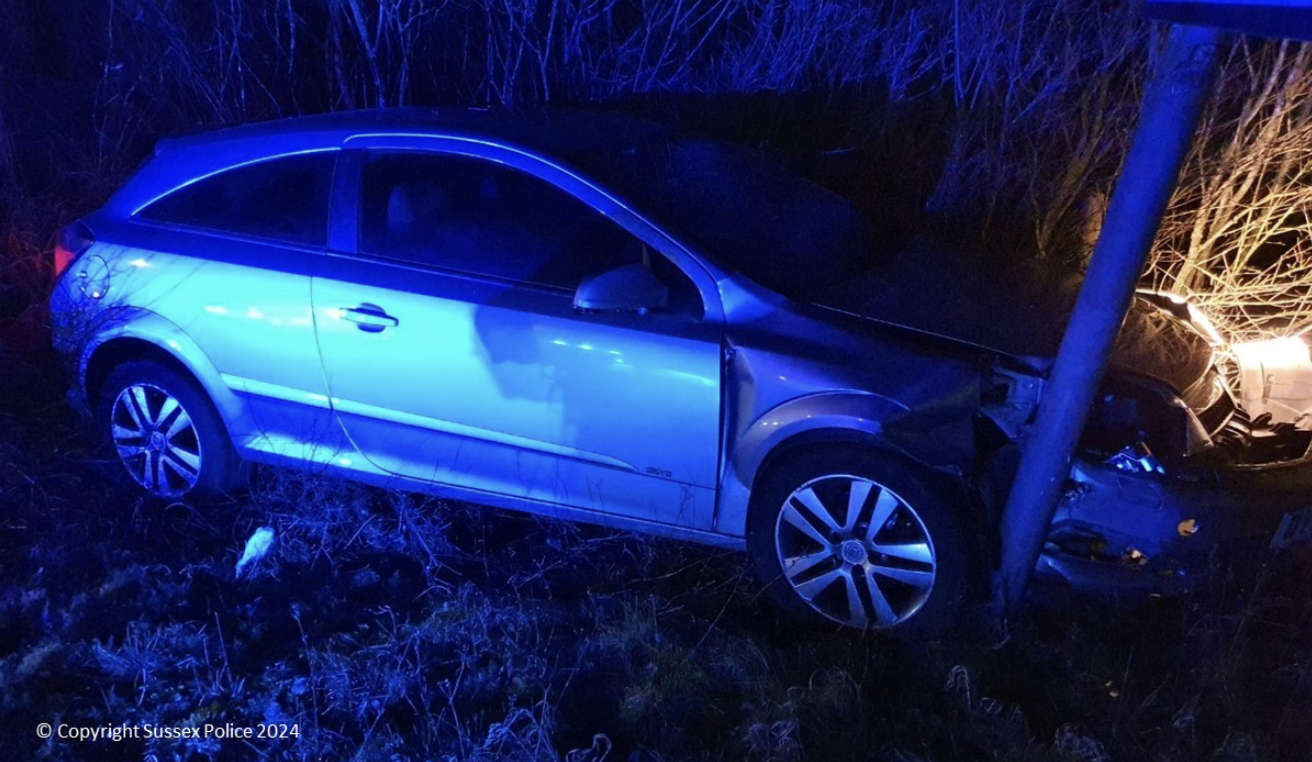 Peacehaven Man Disqualified Over High-Speed A27 Pursuit Near Brighton
Peacehaven Man Disqualified Over High-Speed A27 Pursuit Near Brighton
 Appeal After PCSO Assaulted In Uckfield
Appeal After PCSO Assaulted In Uckfield
 Man Charged With Rape Of Teenage Girl In Newhaven
Man Charged With Rape Of Teenage Girl In Newhaven
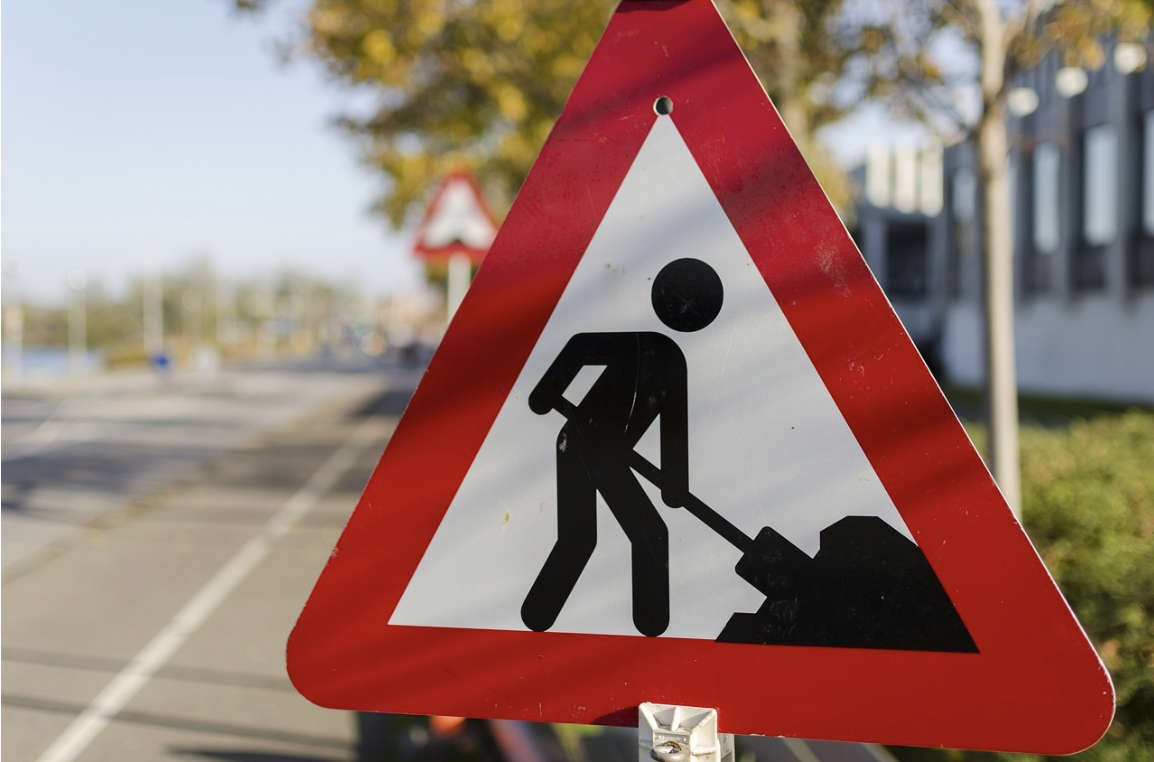 Overnight Closures For A22 Forest Row Road Improvements
Overnight Closures For A22 Forest Row Road Improvements
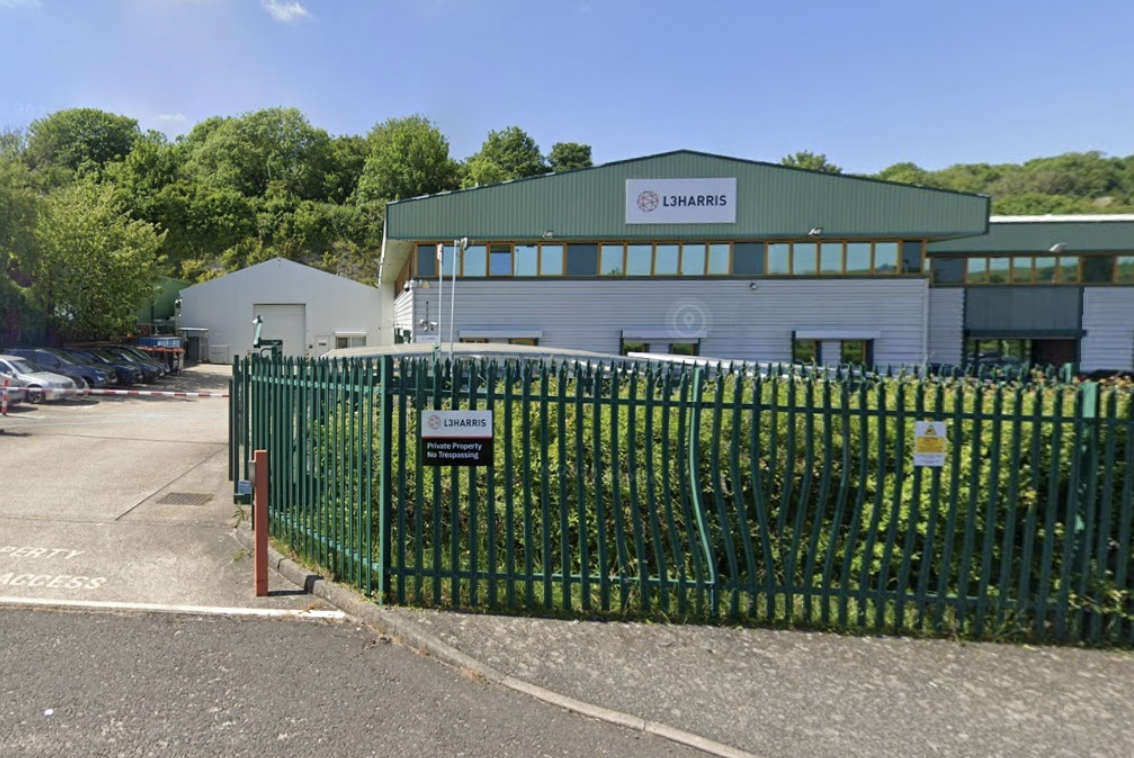 Brighton Defence Manufacturer's Controversial Planning Application Likely To Be Heard
Brighton Defence Manufacturer's Controversial Planning Application Likely To Be Heard
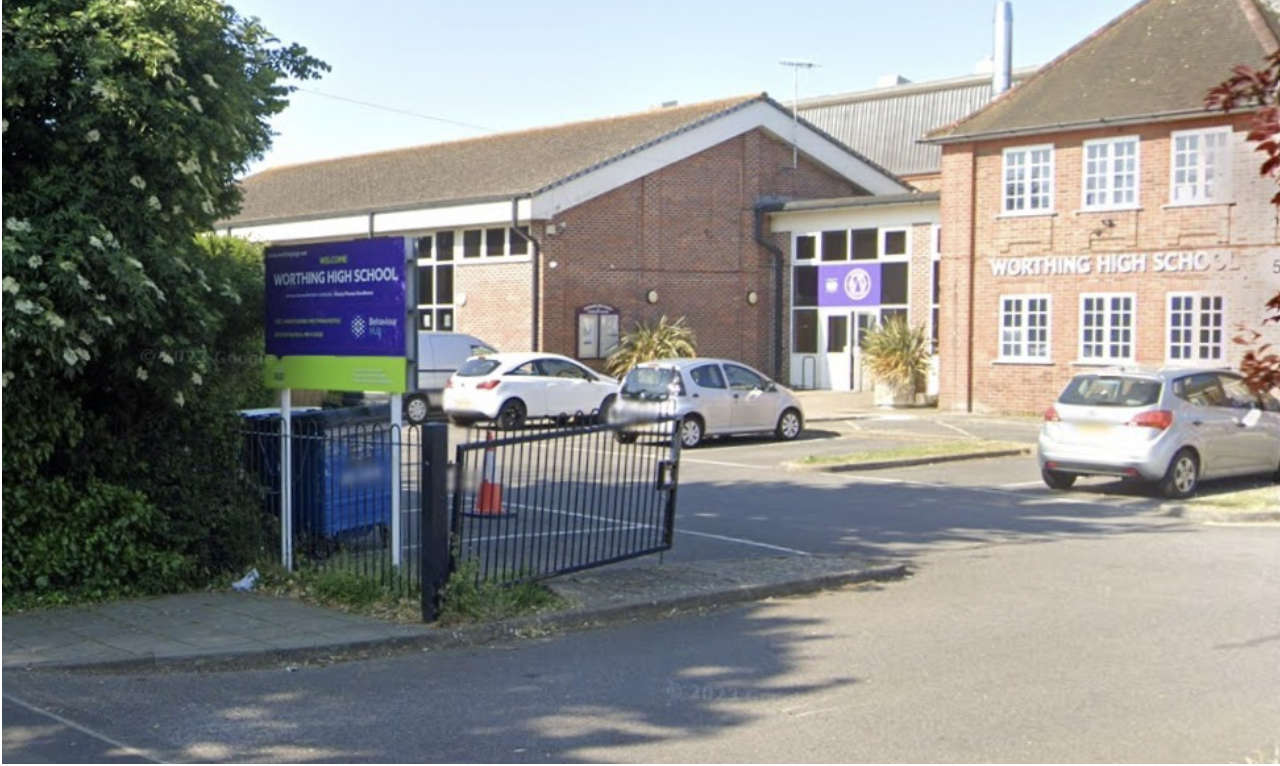 Over £2.4m Approved For Worthing School Support Centre
Over £2.4m Approved For Worthing School Support Centre
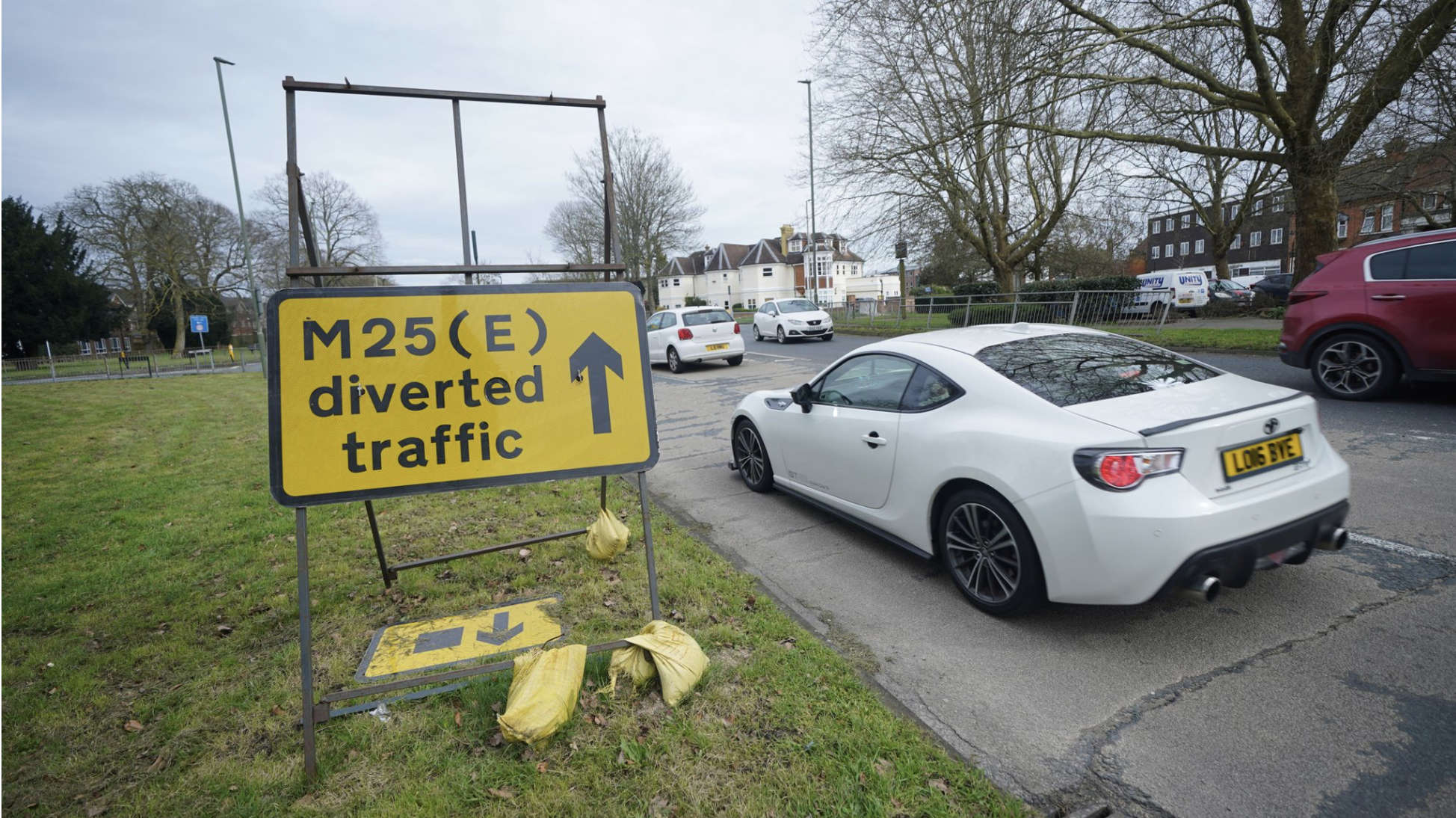 Section Of M25 To Close Again Tonight - As Drivers Warned Not To Get Complacent
Section Of M25 To Close Again Tonight - As Drivers Warned Not To Get Complacent
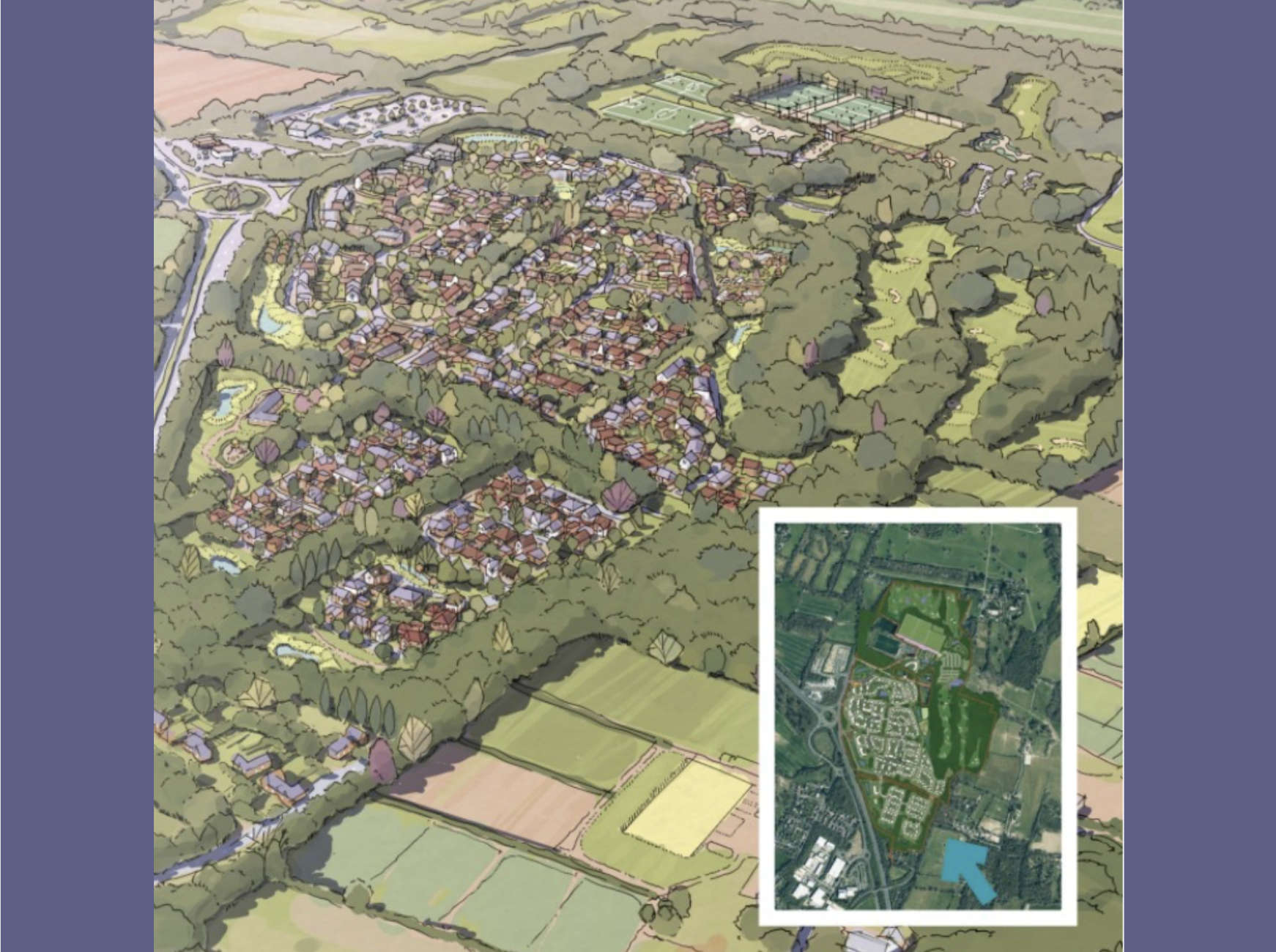 Plans For 800 New Horsham Homes Refused
Plans For 800 New Horsham Homes Refused